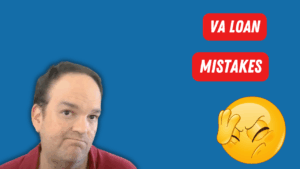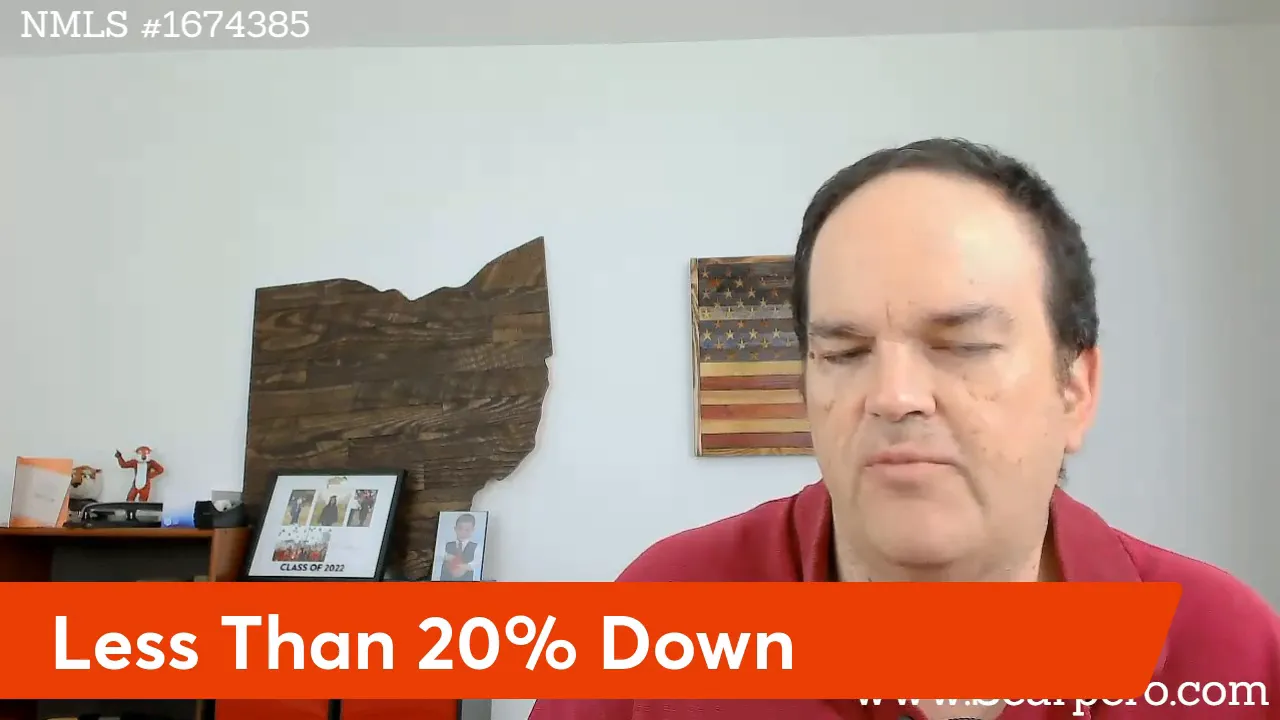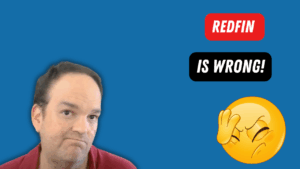
The 6 Most Common Mistakes That VA Homebuyers Make
Template The 6 Most Common Mistakes That First Time VA Homebuyers Make Buying your first home using a VA loan is an exciting milestone, especially
Carlos Scarpero- Mortgage Broker
Understanding when a VA loan makes the most sense compared to other mortgage options can save you thousands of dollars and simplify your home buying process. As a veteran or active service member, you have access to a unique loan program with distinct advantages—but it’s not always the best fit depending on your situation. Let me walk you through the key scenarios where a VA loan shines and when another mortgage might be more appropriate.

The VA loan program offers several benefits that distinguish it from conventional or FHA loans:
If you plan to put less than 20% down on your home purchase, the VA loan is usually the best choice. Although conventional loans can offer as low as 3% down and FHA loans 3.5%, the VA loan’s zero down payment combined with lower interest rates and no mortgage insurance typically leads to lower monthly payments and overall costs.
Even though VA loans do have a funding fee, the savings from lower interest rates and no PMI generally outweigh this cost, making the VA loan the winner in most low down payment situations.
If you are receiving VA disability benefits, this is a no-brainer: go with a VA loan. Veterans with disability benefits are exempt from paying the VA funding fee altogether, which means even more savings at closing. This benefit alone makes the VA loan the most cost-effective mortgage option for disabled veterans.
When you’re putting more than 20% down but do not qualify for the VA funding fee exemption, the decision becomes less straightforward. On one hand, VA loans still offer lower interest rates than conventional loans. On the other hand, putting 20% or more down on a conventional loan means you avoid PMI, which can be a significant cost.
Because the VA loan funding fee still applies in this case, the cost benefits may balance out, making it a close call between VA and conventional loans. In these scenarios, it’s important to compare loan estimates from lenders for both options to determine which mortgage is truly the best fit for your financial situation.
One of the standout advantages of the VA loan is its flexibility with credit scores. The VA itself does not set a minimum credit score, although lenders typically have their own requirements. If your credit score is on the lower side, a VA loan is almost always the better choice because it is more forgiving than conventional or FHA loans.
Similarly, VA loans are more lenient when it comes to debt-to-income ratios. While lenders have limits, the VA does not impose a maximum debt ratio, allowing veterans who have higher monthly debt obligations to still qualify for a mortgage. This flexibility can be crucial for borrowers who might otherwise be denied conventional financing.
If you work in the cannabis industry, there’s an important caveat: the VA loan program does not allow income derived from cannabis-related businesses. If you are an employee in the industry, your best bet is to look at conventional loans. If you are a business owner in the cannabis industry, you may need to explore non-QM (non-qualified mortgage) or portfolio products that some lenders offer.
When a veteran is buying a home with a non-veteran who is not their spouse—such as a boyfriend, girlfriend, parent, or friend—the VA loan rules become more restrictive. In these joint loan situations, the VA requires a down payment of 12.5% plus funding fees, which can total over 14% down. This is significantly higher than the zero down available to veterans buying alone.
Conversely, conventional and FHA loans do not differentiate between married and unmarried co-borrowers for down payment requirements. They allow typical low down payments of 3% to 3.5% regardless of marital status. For veterans in this scenario, conventional or FHA loans might be more financially advantageous.
The VA home loan program has a concept called “entitlement,” which is the amount the VA will guarantee on your loan. If you have used your entitlement on a previous home and are trying to purchase another, you might be “maxed out.”
When entitlement is maxed, you may have to make a down payment equal to 25% of the amount that exceeds your entitlement. This down payment can vary based on how far above your entitlement your loan amount is.
Because of the complexity of entitlement calculations, it is best to consult your loan officer for a precise determination based on your situation.
If you are planning to buy a home that needs renovations, the VA loan offers a renovation product that finances the purchase and repairs in one loan. However, this VA renovation loan is limited to smaller projects where the house is inhabitable at closing. For example, you can cover cosmetic updates like new carpets, roofs, water heaters, or modernizing dated kitchens.
For major renovation projects—such as structural repairs, missing walls, or significant fire damage—the VA renovation loan will not work. In these cases, the FHA 203(k) loan is a better option. The 203(k) program allows financing for substantial repairs and even offers deferred payments during the renovation period, which means you won’t have to make mortgage payments on the house under construction while living elsewhere.
Choosing the right mortgage is a critical step in your home buying journey. While the VA loan offers fantastic benefits for eligible veterans—especially with low down payments, flexible credit, and no mortgage insurance—it’s not always the best fit for every situation. Factors such as down payment size, disability status, co-borrowers, industry of employment, and renovation scope can all influence whether a VA loan or another mortgage type is the best choice.
When in doubt, it’s wise to consult a knowledgeable loan officer who can run numbers for both VA and conventional loans to find the best deal tailored to your unique circumstances.
Yes. The VA loan program is very flexible with credit scores and does not set a minimum. However, lenders may have their own credit requirements.
Generally, no. The VA loan offers a zero down payment option, but you can choose to put money down if you want.
If you receive VA disability benefits, you are exempt from the VA funding fee, which reduces your closing costs significantly.
Yes, but the VA requires a larger down payment (around 12.5% plus funding fees) in this case. Conventional or FHA loans may be better options for joint buyers who are not married.
The VA renovation loan is best for smaller projects where the home is livable at closing. For major renovations, the FHA 203(k) loan is usually a better option.
No. The VA loan program does not accept income from cannabis-related businesses. Other loan types like conventional or non-QM may be necessary.
You may need to make a down payment equal to 25% of the amount your loan exceeds your entitlement. Consult your loan officer to calculate your specific situation.
If you have any questions about VA loans or want personalized advice, feel free to reach out. I’m here to help you navigate your home financing options and find the best mortgage for your needs.

Template The 6 Most Common Mistakes That First Time VA Homebuyers Make Buying your first home using a VA loan is an exciting milestone, especially

500,000 More Home Sellers Than Buyers? Don’t Believe the Hype Table of Contents Key Takeaways Understanding Redfin’s Viral Housing Study Contrasting Data from Realtor.com and

Template Edge Home Finance Is Hiring Loan Officers Table of Contents Key Takeaways Why commission structure matters: keep what you earn True broker relationships, with